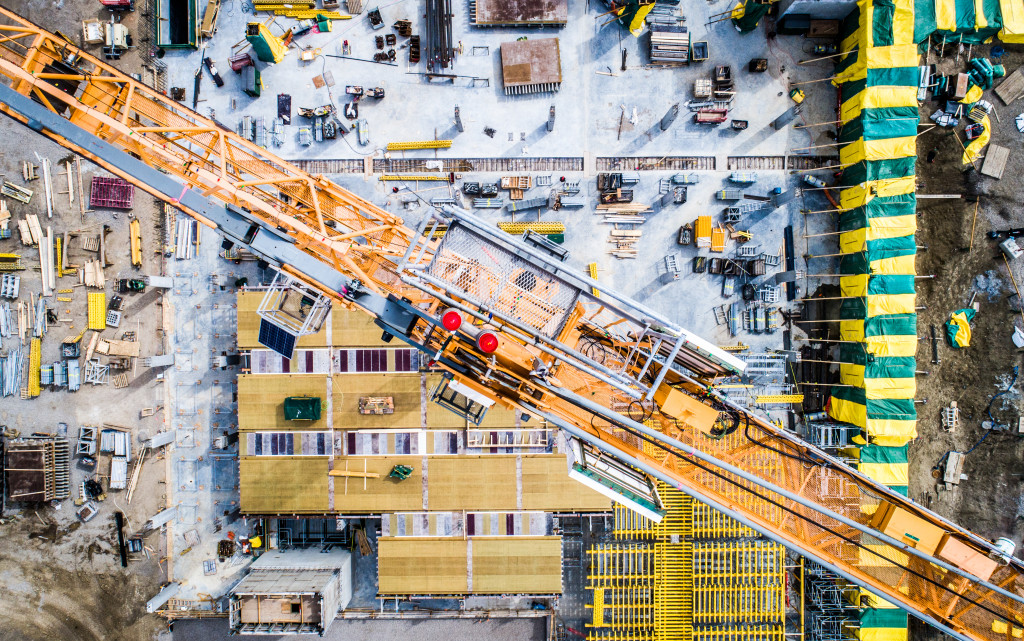- Safety protocols, training, inspections, and reports are essential for a safe construction site.
- Proper waste management measures are necessary to avoid environmental damage and health hazards.
- Regulatory compliance and permits must be followed to avoid delays or legal issues.
- You need to have accurate documentation and record-keeping to provide a reference for the project.
- Project management practices and skilled labor help to ensure timelines, budgets, and quality are met.
The construction industry can be a minefield of challenges and obstacles that can frustrate even the most experienced professionals. Whether it’s a project cost overrun, an unscheduled site visit, or unexpected changes to the scope of work, a construction project can quickly become a nightmare.
However, these struggles should not distract us from the essential aspects of construction that often get overlooked and neglected – factors that can have severe consequences on the project’s success. This blog will explore a few vital aspects of construction that are commonly taken for granted.
Safety on the job site
Safety is often neglected, especially when construction is under time pressure. A construction site is a dangerous place with heavy equipment, hazardous materials, and the potential for accidents. That’s why it’s essential to have these four things in place:
Safety protocols
Having strict safety protocols is a must for every construction site. These protocols should include the use of personal protective equipment, proper signage to alert workers to potential hazards, and requirements for maintenance of tools and machines.
Adequate training
Every worker on the job site should be adequately trained in safety procedures and aware of the potential dangers. Construction supervisors need to ensure that all workers are adequately prepared before beginning work.
Safety inspections
Regular safety inspections should be conducted at the construction site to ensure that all areas are safe and secure. This includes inspecting ladders, scaffolding, and other equipment used on the job.
Safety reports
Accident reports should be filed when accidents occur and injuries are sustained. This information can help identify potential hazards and improve safety on the job in the future. Safety reports are also essential for insurance companies and legal proceedings.
Without these adequate safety measures, workers may face injury, causing project delays and costs.
Waste management
Construction sites are notorious for generating a lot of waste, from excess building materials to packaging and debris. Poor waste management can lead to long-term environmental damage as well as health hazards for construction workers.
It is essential to develop a plan for waste management at the beginning of the project with specific strategies on how to minimize, reduce, recycle, and dispose of all waste material. You should also consider investing in a sizable construction dumpster that can handle all of the project waste. This will help to keep the job site organized and reduce liability issues related to improperly disposed materials.
Proper permits and regulatory compliance
Obtaining permits can be a time-consuming process that may cause delays. However, it is crucial to follow regulations and obtain necessary permits before starting any construction work. These regulations and permits change from city to city, so it’s vital for the construction team to research all municipal policies and get approvals on time.
Documentation and record-keeping

Construction projects require extensive documentation, including contracts, drawings, schedules, and specifications. Keeping accurate records throughout the project is vital to avoid potential disputes or errors. Additionally, companies must monitor document management and ensure all team members use the same data.
Professional project management practices
Effective project management is central to the success of any construction project. This aspect must be handled skillfully with efficient project planning and scheduling, budget monitoring, and communication between owners, contractors, and subcontractors. A good project manager ensures that construction projects are completed on time, within budget, and to the client’s satisfaction.
Skilled and experienced labor

The importance of having experienced and knowledgeable labor cannot be overstated. The construction industry requires various skills, including electrical, plumbing, architecture, and engineering. Hiring skilled and experienced workers increases the project’s quality and reduces rework and costly mistakes.
Construction projects require a great deal of planning, time, and resources to be successful. Neglecting any aspect of the construction process can severely affect the project’s success. As seen in this blog, safety protocols, waste management, permits and regulatory compliance, documentation, and record-keeping are all essential components that must not be overlooked or taken for granted.
Investing in skilled labor with the knowledge and experience needed to complete construction projects efficiently – without compromising quality or budget is also essential. Keeping these vital aspects in mind during your next construction project will increase your chances of achieving success with minimal delays or unforeseen costs.

